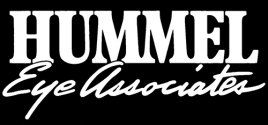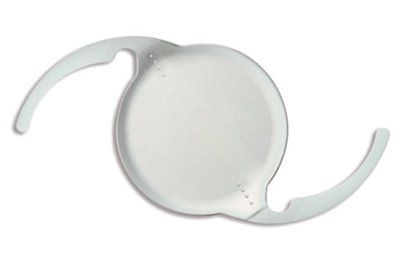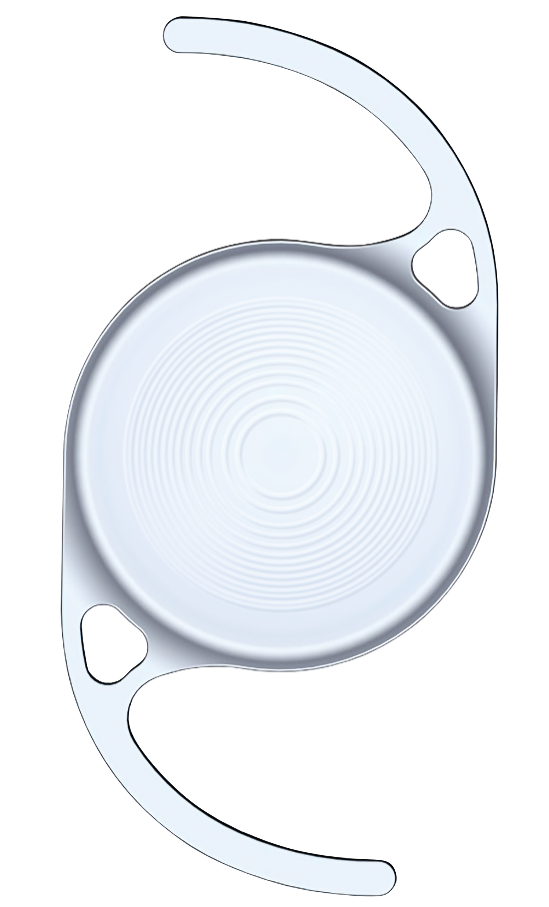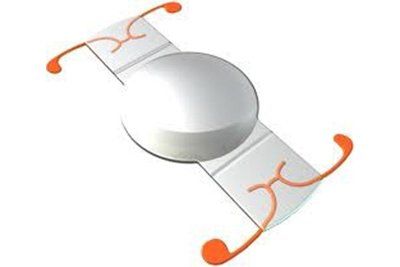Intraocular Lens Implant options
What Is an IOL (Intraocular Lens Implant)?
An intraocular lens implant, or IOL, is an artificial lens that is placed in the eye when the natural lens, or cataract, is surgically removed. When your cataract, or natural lens is removed, the focusing capabilities of your eye change. Simply removing the cataract, or natural lens would leave you with a prescription similar to "coke-bottle" glasses, making life without the glasses virtually impossible. An intra-ocular lens implant, or IOL, is an artificial lens that is placed in the eye when the cataract, or natural lens is surgically removed. This lens implant will last a lifetime, and is even indicated for children requiring cataract surgery. There are several different intraocular lens implant options, including:
- Monofocal
- Toric
- Extended Depth of Focus
- Multifocal / Trifocal
- Light-Adjustable
- Accommodating
What will my vision be like after Cataract Surgery?
Every patient describes their visual complaints from cataracts in different ways, just as every patient has different expectations following cataract surgery. We do our best to educate our patients on all the options before surgery, but the truth is: there is not one lens implant that fits every patient perfectly. Our trained technicians, physicians and scheduling staff will do our best to help you make an informed decision about which IOL is right for you. We have found a vision simulator that shows what vision is like with cataracts and astigmatism, and what it could look like after cataract surgery with some of the standard and premium IOL options. Click the following link to give the vision simulator a try: clearvisionforyou.com/en-us/vision-simulator/
Monofocal or Standard Lens
A monofocal, or standard, intraocular lens implant will focus at one distance. This type of lens implant can be set for good distance vision, near vision, or intermediate (arm’s length) vision. This IOL can correct nearsightedness or farsightedness, but not astigmatism. Correcting one eye for distance vision and one eye for near vision, or monovision, can sometimes be achieved with the standard lens implant.
Toric or Astigmatism Lens
A toric, or astigmatism-correcting intraocular lens implant, can correct nearsightedness, farsightedness, and astigmatism. The toric lens implant is monofocal, and can be corrected for good distance, near, or intermediate vision. For a patient with corneal astigmatism, this lens implant will help achieve better vision without glasses or contacts. Correcting one eye for distance vision and one eye for near vision, or monovision, can also be achieved with the toric IOL.
Extended Depth of Focus Lens
An extended depth of focus lens implant gives a range of vision from distance to intermediate to near, while also correcting astigmatism. This lens elongates the focus of the eye and corrects color distortion to provide high quality vision in all lighting conditions. The Tecnis Symfony® is an example of the extended depth of focus IOL.
Multifocal / Trifocal Lens
A multifocal intraocular lens implant can focus at distance, intermediate, and near. This style of lens uses eccentric rings to focus at different distances. Examples of this IOL are Tecnis Odyssey®, EnVista Envy®, Clareon PanOptix PRO®, Clareon Vivity®, and Acrysof ReStor®. Multifocal lens implants may also correct astigmatism.
Light Adjustable Lens
The Light Adjustable Lens from RxSight® is the only IOL that enables you and your doctor to design, trial and customize your vision after cataract surgery. Adjustability takes cataract surgery to the next level by providing a lens customized specifically for each patient's eyes. The UV light treatment post-operatively can eliminate nearsightedness, farsightedness, and astigmatism.
Accommodating Lens
An accommodating intraocular lens implant works with the muscles in the eye to shift focus between distance and near objects. This style of lens allows the eye to see distance, intermediate and near. Bausch & Lomb Crystalens® is an example of an accommodating IOL, and comes in an astigmatism-correcting option as well.
Which IOL Is Right for Me?
If you are ready to have cataract surgery or refractive lens exchange, you will need to choose which IOL you want to have implanted. The only intraocular lens implant that is covered by medical insurance at the time of cataract surgery is the monofocal, or standard, IOL. Any other lens implant is considered elective and will not be paid for by insurance. When choosing your IOL, the first question to ask yourself is, “Do I mind wearing glasses or contact lenses?” If the answer is no, then you might consider the monofocal IOL, and plan on wearing glasses or contact lenses after surgery. If the answer is yes, then you should consider one of the specialty intraocular lens implants. Our recommendation is to think about what type of activities you do on a daily basis, such as playing golf, crochet, reading, computer work, watching television, etc. Bring this list in to your appointment with Dr. Hummel and he can recommend which specialty intraocular lens implant would be right for your lifestyle.
Why Do I Need an IOL?
Any lens implant other than the monofocal IOL is considered elective, and not covered by insurance. All options of lens implants, including costs, will be discussed at your surgical evaluation with Dr. Hummel.






